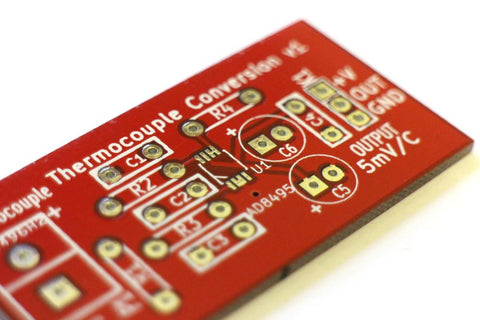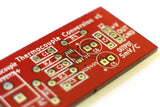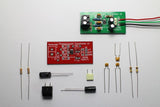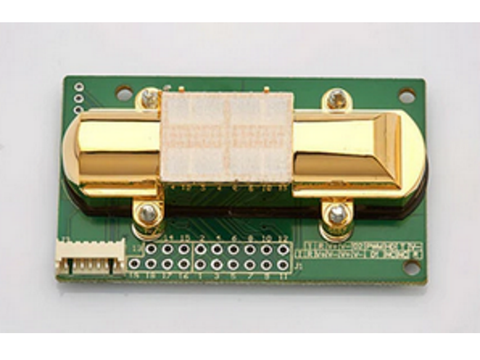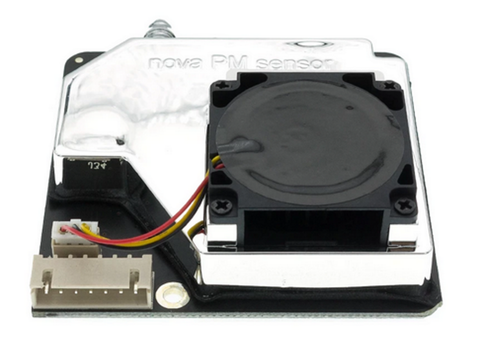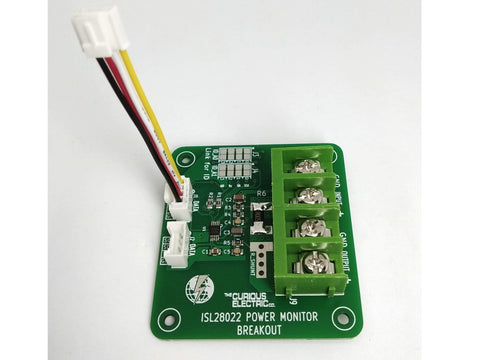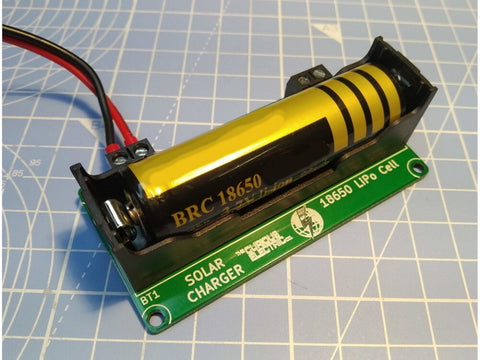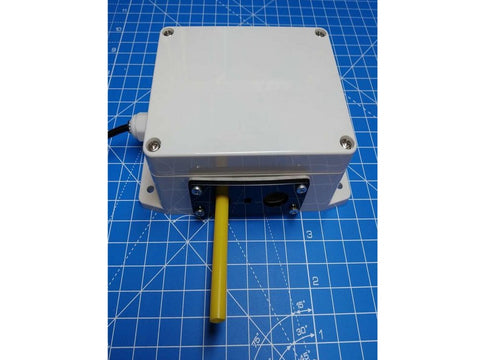Therm-O-Nator! - Thermocouple Amplifier Breakout
Building a pizza oven? Want to take data from your BBQ or log burning stove? Maybe you want to turn a toaster oven into a surface mount PCB re-flow oven! You need The Therm-O-Nator!
The Therm-O-Nator can be used in projects where temperature up to 1000°C needs to be measured. The Therm-O-Nator is a K-type thermocouple amplifier which can be used to amplify the tiny voltage from a thermocouple to a higher voltage, which is readable by a micro controller. Thermocouples can be used to measure very high temperatures, but they only output a very low voltage, hence the need for this amplifier. (We supply a 250C thermocouple for use with this board free!)
This kit is based upon the AD8495 precision K-type thermocouple amplifier, or the AD8494 J-type version. The board requires a 5V supply and gives a linear output of 5mV per degree C. The circuit board contains filtering for the standard amplifier configuration. It can be used to measure temperatures up to 1000°C (with the right thermocouple!).
You can see how the Therm-O-Nator was used as a temperature controller for a reflow soldering oven which used this thermocouple amplifier. A couple of people asked me about this circuit so I designed a simple breakout PCB.
This converter can be used anywhere you need to measure high temperatures - such as soldering temperatures, flue and exhaust gas temperatures, BBQs and ovens.
For temperatures below 100°C we recommend the use of a thermistor, but not many thermistors are rated for temperatures above 150°C. Above 150°C use a thermocouple. A thermocouple puts out a tiny voltage which must be amplified and filtered, use the Term-O-Nator to amplify and filter your thermocouples output so that it can be read by the ADC (analog-to-digital converter) in a micro controller.
This kit now includes a K-type thermocouple suitable for use up to 250°C!
The instructions are available here as a pdf.
Full design information, including PCB design and instructions, is available here:
https://github.com/curiouselectric/therm-o-nator
Please find the "Soldering is Easy" guide available here.
We Also Recommend

